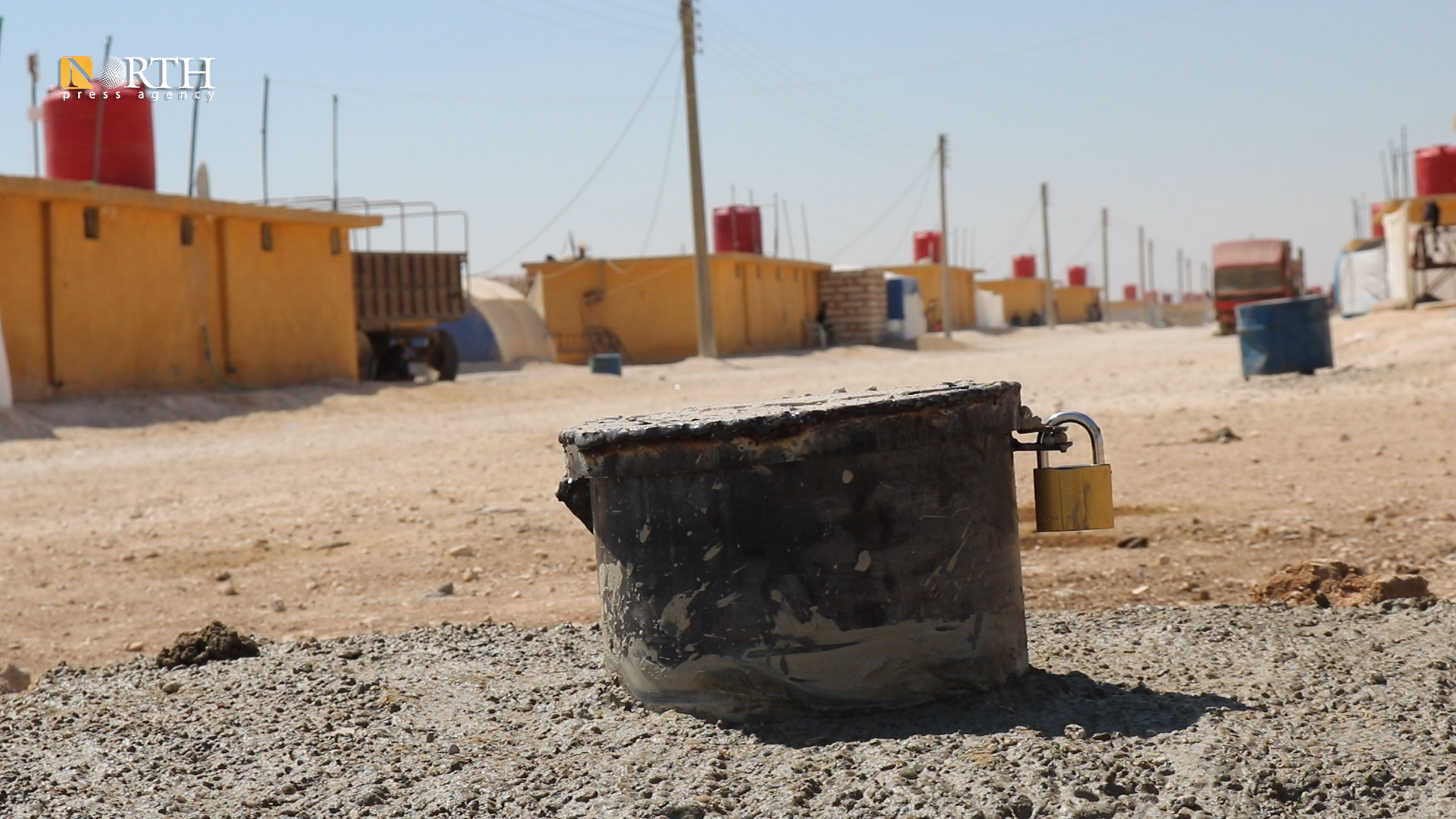Water shortage drives IDPs in Syria’s Hasakah to dig well
HASAKAH, Syria (North Press) – On Wednesday, an administrator of a camp of Sere Kaniye IDPs in Hasakah, northeastern Syria, said they have finished digging an experimental well in the camp amid the shortage and contamination of water.
“We have been digging the well for 5 days,” Yusef Dawe, co-chair of the Management of Sere Kaniye Camp in al-Tala’i area in the eastern entrance of the city of Hasakah, said.
“The well became ready yesterday night. We will analyze the water to find if it can be used for drinking or other usages,” he added.
Sere Kaniye Camp is a haven for hundreds of IDP families of the region which was controlled by Turkey and its pro armed factions late in 2019.
“If the water is fresh and abundant, then we can communicate with the organizations to support the camp by digging four or five wells in the camp,” he referred.
He mentioned that the project is adopted by NRC, which is a Norwegian Organization helping refugees, and a person donated an amount of money for the project.
Sere Kaniye Camp is home to 2,165 families. It includes more than 11,300 people most of them are women, children and the elderly, according to the Camp Management.
The camp is the second after Washokani Camp, which was built near Twayna town, west of Hasakah late in November 2019.
Shortage and contamination of water are the main problems that the IDPs of the camp are facing.
Abdulhalim Muhammad, a Sere Kaniye IDP, said they are suffering from the problem of water.
“They fill half of our tanks with water in the morning, and we run out of water in the evening,” he added.
The water is brought to the camp by tanks as there is no water network in the camp.
“There are many cases of diarrhea in the camp as the water is contaminated and has a high percentage of chlorine,” Muhammad added.
Dawe said that the water of the tanks is also withdrawn from wells, and has “sediments in it, and has not undergone a filtration or sterilization process.”
He demanded the IDPs clean their tanks frequently because the main problem is the deposition of dirt at the bottom of the tanks.

